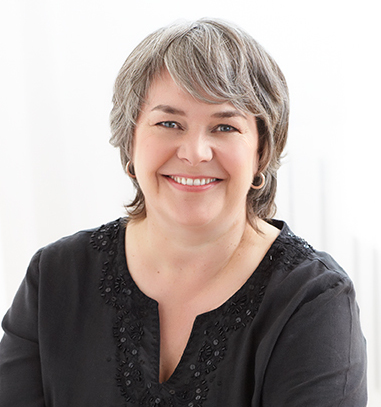- Home
- About Us
- The Team / Contact Us
- Books and Resources
- Privacy Policy
- Nonprofit Employer of Choice Award

 My 93 year old dad fell just before Christmas. He didn’t break his hip, as often happens to folks his age, but something in his brain broke. He doesn’t recognize me, my siblings or his grandkids anymore. And he spends a lot of time these days deep in his past, largely without access to his present.
My 93 year old dad fell just before Christmas. He didn’t break his hip, as often happens to folks his age, but something in his brain broke. He doesn’t recognize me, my siblings or his grandkids anymore. And he spends a lot of time these days deep in his past, largely without access to his present.
Does this situation make you feel sympathy for me… or empathy? If you sympathize with me, you feel badly or sorry for me. (Thank you, if that’s the case. I appreciate the sentiment.) If you empathize, you either are mirroring my feelings, called affective empathy, or you’re putting yourself in my shoes, and you’re practicing cognitive empathy. (Thanks for that, too. It’s nice to feel validated.)
Your ability to empathize is a powerful force for good, as it turns out. In fact, this great 10 minute video hypothesizes that empathy can lead to radical social change. The 21st century is supposed to be the era of “out”trospection vs. the 20th century’s focus on introspection. No longer can we expect to find happiness by looking inside. Now we’re told that it’s more important to find meaning than happiness. Meaning comes by being engaged in things we find important. And we can be more meaningfully engaged if we have the capacity to practice empathy.
At the same time, neuroscience is also learning that some kinds of people, for instance, people with power, seem less likely to demonstrate empathy than others. Paul Piff has done some great research asking whether or not money makes you mean. He and his team have come up with some interesting conclusions: as levels of wealth increase, a sense of entitlement and ideology of self-interest increases and more importantly for us, compassion and empathy decreases.
But here is the hopeful bit in his research: his studies have shown that small interventions or nudges in certain directions can restore levels of egalitarianism and empathy in people. (Check out Piff’s Ted Talk if you want some examples.) It shows us that empathy is malleable. And those powerful folks who seem less likely to empathize? It's not that they inherently have less capacity for empathy, but as their wealth and power increases, they feel less inclined to interact with others outside of their social group. That can also be nudged or influenced.
What this tells us is that social change - and by extension, social change philanthropy - is increasingly important, especially in this era of growing income inequality. Our collective voices are needed more than ever. Our voices that will act as reminders, nudging people to remember and practice the benefits of cooperation and community. It is us sharing our work that will offer people an opportunity to interact – via our stories - with folks who are different from themselves. Philanthropy is an important and effective way to share stories of social change. Fundraisers are the critical translators between those who do such important work and those who want to be part of it, both to add to the meaning in their lives and to make a difference.
As for my dad, the Veteran’s hospital he is in is great. He is treated with respect and offered activities that he has the capacity to do so he doesn’t get frustrated. Rather than restraining him in bed, the bed is lowered to 10 inches off the floor, and there are mats beside the bed in case he falls out. Thanks to the power of empathy, he’ll spend his last months or years living in dignity. For that, I’m very grateful.
As the President of Cathy Mann & Associates Inc, Cathy helps clients develop the infrastructure and culture of philanthropy required to build sustainable development programs. In her role as Academic Coordinator and an instructor at Ryerson University’s Fundraising Management Certificate program, Cathy breaks down complex matters into achievable actions. During her 5-year tenure as Executive Director, Frontier College Foundation received the 2007 Award for Excellence in Fundraising for Small Shops from the International Association of Fundraising Professionals. Cathy is an active volunteer and frequent speaker. With the Association of Fundraising Professionals, Greater Toronto Chapter, she held many roles: V.P. of Professional Development, mentor and founder of its Inclusion and Equity Committee. Occasionally, she plays her ukulele in public.